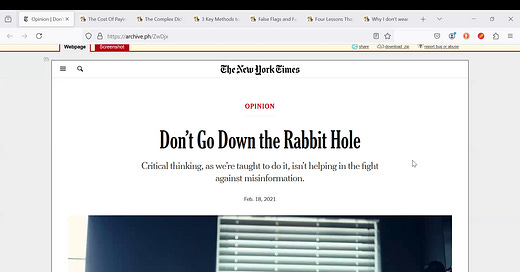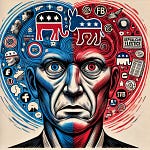Introduction
This past weekend, I engaged with someone on social media (Threads) about climate change. Before I could provide more information and a rebuttal on the topic, I discovered that my comments had been blocked.
This was surprising because this individual and I had previously discussed other topics on the app, and we even agreed on certain issues, such as election results. It’s rare to find alignment on such complex issues, so I thought we had some shared understanding.
However, when it came to climate change, they blocked my replies and shut down the conversation entirely.
This led me to question: why would someone refuse to engage with new information? As I reflected on this, I realized it ties into a larger issue I’ve been pondering for a while: as a society, we’ve lost the ability to think critically. We’ve lost the capacity to absorb and analyze information thoughtfully.
In this podcast, I explore how the media bombardment of the past two to three years has conditioned indivi…
Listen to this episode with a 7-day free trial
Subscribe to Unorthodoxy to listen to this post and get 7 days of free access to the full post archives.












